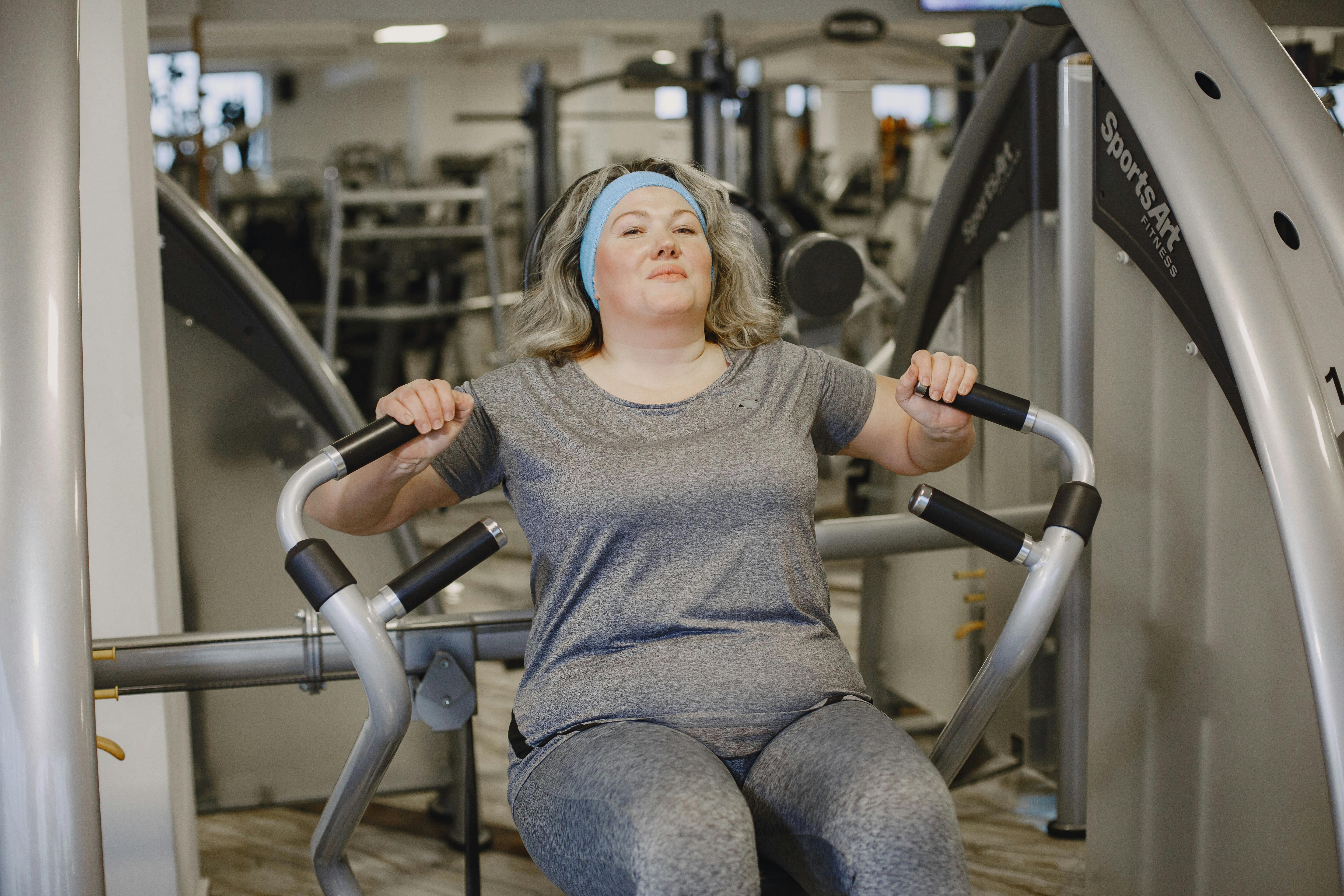One of the most important steps you can take when developing your exercise regimen is to set SMART goals. SMART goals are Specific, Measurable, Achievable, Relevant, and Time-bound. They are a great way to create a foundation for a successful long-term exercise program. However, when it comes to the goal setting process, I have an additional suggestion. Begin with process goals instead of Go out goals. You are probably most familiar with outcome goals, which focus on specific achievements. For example, “lose 10 pounds in the next 8 weeks” is an outcome goal. So is “running a 20-minute 5K road race at the end of the season.” Other examples of outcome goals include “reduce my body fat percentage by 10% in the next 6 months” and “reduce my LDL cholesterol by 20 points in the next year.”
Clearly, performance targets are very important. When they are written using the SMART criteria, they can give you a useful goal. However, in my experience, when people don’t meet their results goals (which is common because so many of us set unattainable goals), they become demoralized and abandon their exercise regimen. The goals of the process focus more on the implementation of your exercise program. For example, a good process goal would be to “exercise 4 times this week for at least 30 minutes per workout.” You have more control over achieving this goal and it will help you get into the habit of exercising. Some additional examples of effective process goals include the following:
* Walk 20 minutes a day, 5 days a week.
* Find an exercise partner in the next 3 weeks.
* Buy a fitness journal and log my workouts daily.
* Run a total of 15 miles a week for the next 4 weeks.
* Fix my old bike and ride it twice a week for the next two months.
* Bike 40 miles a week for the next 4 weeks.
* Swim 3 days a week for 30 minutes each workout.
* Measure my daily caloric intake and record it in my exercise diary for 14 days.
* Complete a physical fitness assessment within the next 30 days.
Process goals like these provide a very effective means of starting a training program. I am not suggesting that you avoid outcome goals. They play an important role and can be very useful, especially for experienced athletes and competitive athletes. I simply suggest that you also incorporate various process goals.

